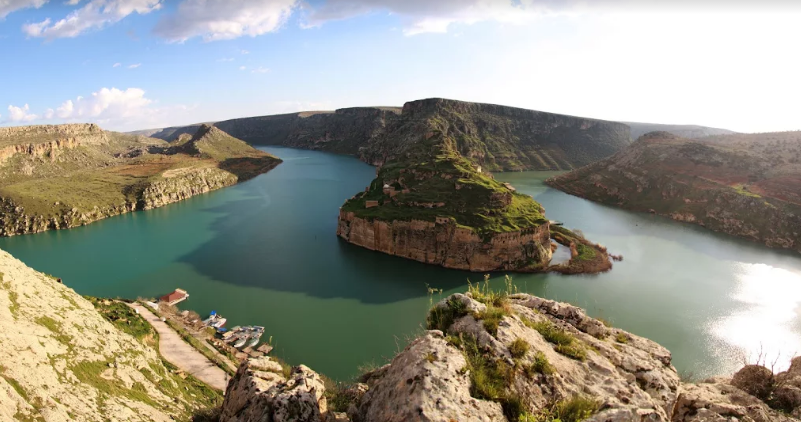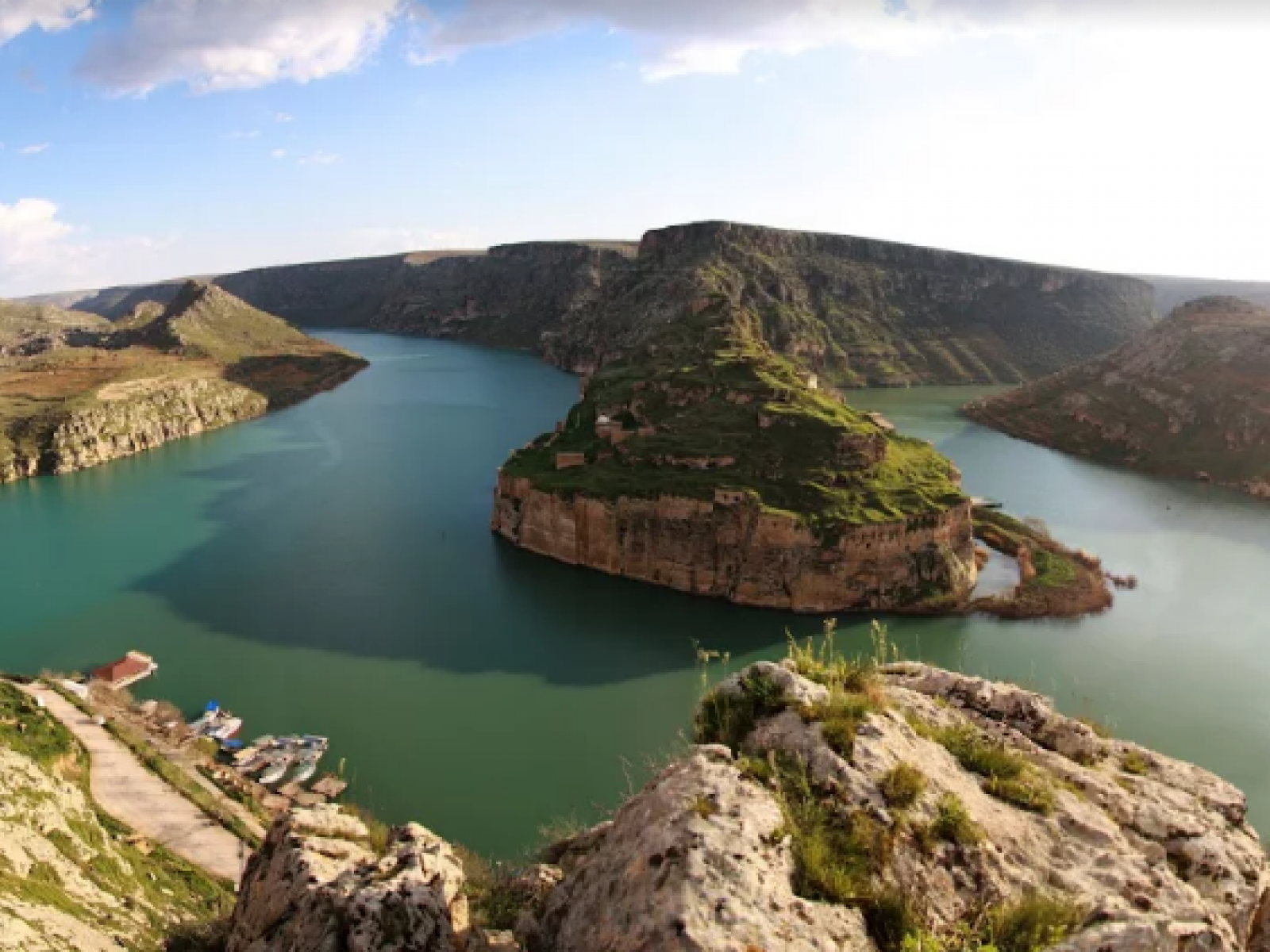An Overview Of Our Solution
- Population Impacted:
- Continent: Asia
Organization type
Population impacted
Size of agricultural area
Production quantity
People employed
Describe your solution
Describe your implementation
External connections
What is the environmental or ecological challenge you are targeting with your solution?
Describe the context in which you are operating
The Pheromone Trap Biotech Fighting Method was used as a pilot scheme total of 2000 for 1000 farmers in 7 provinces in 2016. Since the pesticide is not directly supplied to the plant, this method is very important in terms of food safety. 53% of agricultural land is used in Gaziantep city and it is 359.243 hectare. According to 2015 data, 129.920 hectare of agricultural land is used for Antep pistachio production. The total number of Antep Pistachio Tree is 19.987.878, and the number of trees giving fruit is 16,412,510. The production of Antep Pistachio is 53.109 tons in 2015. According to official records, the estimated number of farmers producing this crop is 6,000. These figures have had a positive impact both in terms of social and regional aspects after pilot implementation. For this reason, the number of farmers, who want to apply this method, increased 100% and reached 2000 farmers by 2017. The contribution to the cleanliness of the region's water resources is also very valuable in terms of sustainable environmental factors; it also contributes to sustainable regional development and regional economy.
How did you impact natural resource use and greenhouse gas emissions?
Language(s)
Social/Community
Water
Food Security/Nutrition
Economic/Sustainable Development
Climate
Sustainability
The cost of preferred pheromone traps method and the effects on the products have helped farmers to obtain economically positive results. This method of agricultural pest control can be used for a longer period of time and thus it is possible to achieve a sustained economic contribution. The fact that this product is imported from Canada and it is provided by (GMM) Agricultural Services Department. Any products brought in for this product, including 2018, will not be charged from farmers and it municipality's own resources will be used. However, in 2019, a certain amount of contribution from the farmers will be requested for the establishment of the products. Thus, this will be the continuation of the economic sustainability of the project.
Return on investment
Entrant Banner Image

